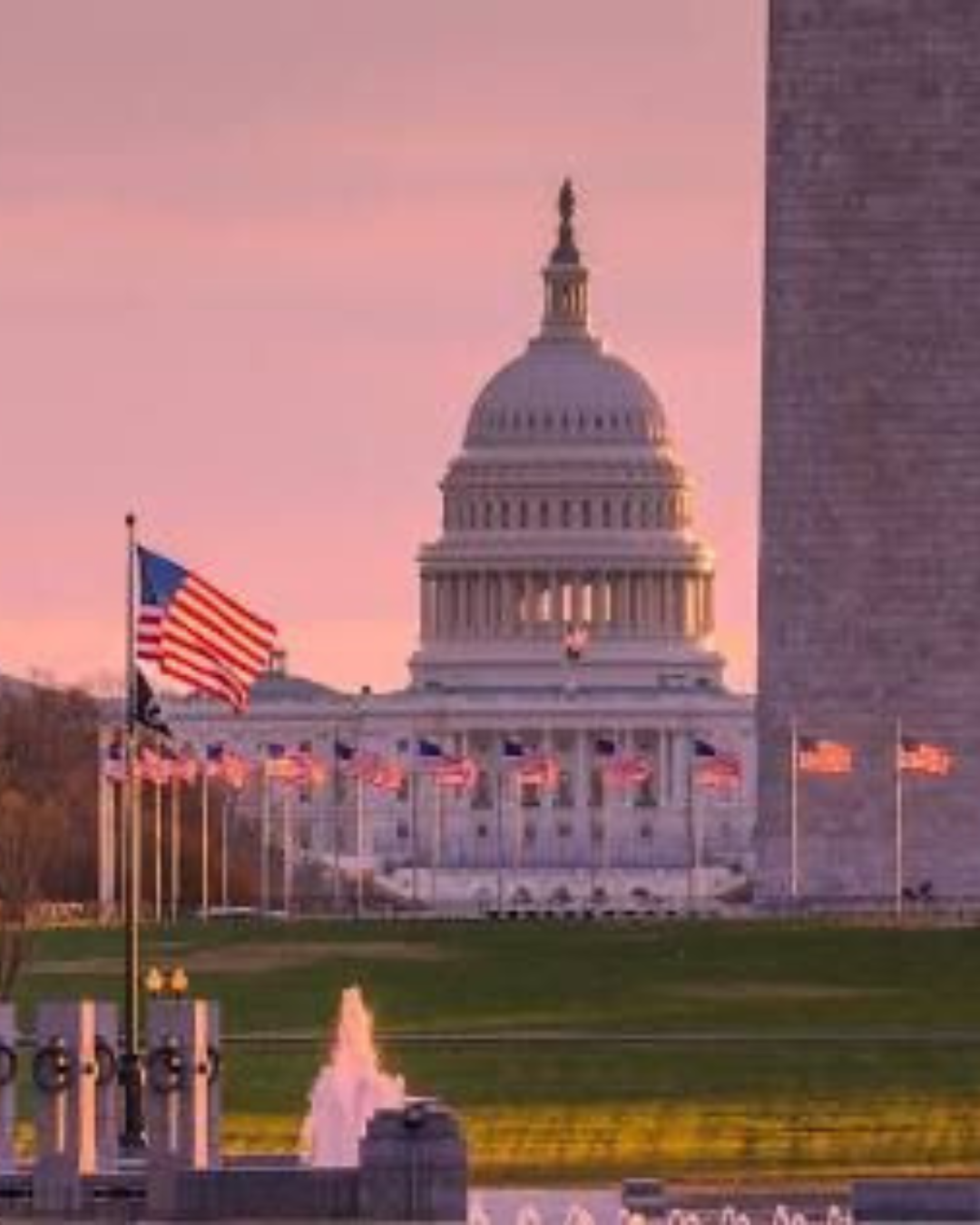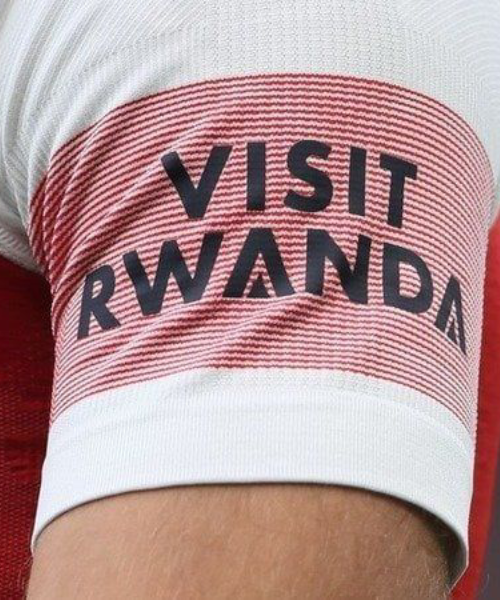Geneva, September 8, 2025 – A coalition of lawyers representing victims from the Tutsi in North Kivu, the Banyamulenge in South Kivu, and the Hema in Ituri has raised urgent concerns over escalating violence in the Democratic Republic of Congo (DRC), warning that the situation could amount to war crimes, crimes against humanity, and even genocide.
The alarm comes as the 60th session of the UN Human Rights Council opens in Geneva.
Years of Violence Intensifying in 2025
The Collective of Civil Parties’ Lawyers, established in 2017, has long documented atrocities against these minority groups, including massacres, sexual violence, mass displacement, and widespread persecution. Working with survivors, local observers, and international legal experts in Brussels and Paris, the group has submitted evidence to Congolese courts, regional bodies, and the International Criminal Court.
According to their latest report, violence has worsened dramatically in 2025, with killings, forced disappearances, arbitrary arrests, and village burnings on the rise. Victims are frequently branded as “foreigners,” fueling ethnic hatred. Responsibility, the lawyers say, lies with both state actors—such as units of the Congolese army (FARDC) and local authorities—and non-state groups including CODECO militias, Wazalendo fighters, and remnants of the Rwandan FDLR militia. Burundian forces are also accused of involvement.
Minembwe Under Siege
In South Kivu, the Banyamulenge community in Minembwe remains under what the Collective describes as “an open-air concentration camp.” Cut off from healthcare and government services, most residents live in displaced persons’ camps, exposed to constant attacks.
From February to August 2025, drone and airstrikes devastated Banyamulenge areas, destroying schools, hospitals, and even a humanitarian plane carrying medical supplies. Ground offensives by FARDC, FDLR, and Burundian forces have compounded the crisis. Lawyers warn that without international intervention, the community faces the risk of mass atrocities.
Escalating Abuses in Uvira
In the city of Uvira, Wazalendo militias have been accused of extreme abuses, including blocking the burial of Banyamulenge officers, desecrating churches, and violently disrupting funerals. Even senior officials, such as General Olivier Gasita, have faced rejection solely due to their Banyamulenge heritage.
“The level of xenophobia and institutionalized discrimination in Uvira has reached alarming levels,” the Collective said.
Massacres in Ituri
The Hema community in Ituri has endured a wave of massacres, particularly between June and August 2025. CODECO militias are blamed for killings, rapes, mutilations, and the burning of villages and churches. Testimonies also point to collusion between FARDC units and CODECO fighters, raising concerns of joint operations targeting civilians.
Catholic priests in Bunia and civil society leaders have echoed the lawyers’ warning, accusing both Congolese authorities and UN peacekeepers of failing to prevent the bloodshed.
“The silence of the international community in the face of ethnic cleansing in Ituri is a disgrace,” the lawyers stated.
Evidence from FDLR Fighters
The Collective has also obtained testimonies from defected or captured FDLR fighters. Their accounts reveal a structured militia with formal training, steady weapons supplies from Kinshasa, and explicit orders to annihilate Tutsi populations and destabilize Rwanda.
“The FDLR operates like a conventional army with clear command structures and a declared objective of completing what was started in 1994,” the report emphasized.
Calls for International Action
The Collective is urging the Human Rights Council, the International Criminal Court, and UN member states to:
•Launch independent investigations into atrocities in North Kivu, South Kivu, and Ituri.
•Hold Congolese officials and militia leaders accountable, including General Luboya, a cousin of President Félix Tshisekedi.
•Enforce the Doha and Washington agreements aimed at civilian protection and conflict de-escalation.
•Provide immediate international protection to threatened Banyamulenge, Hema, and Tutsi populations.
The lawyers also highlighted the need for dialogue and mediation to break cycles of hatred and foster reconciliation.
“Impunity in the DRC is driving one of the most severe human rights crises of our time,” the Collective concluded. “Without urgent international action, entire communities risk extermination.”













